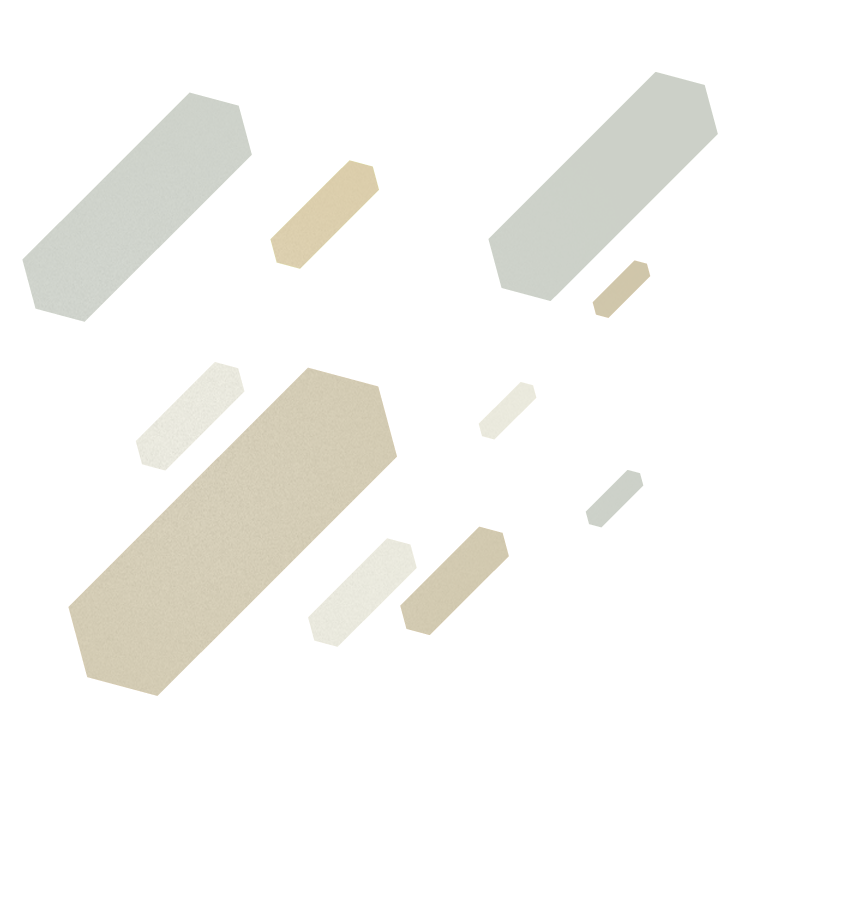


Born in 1933 in Dębica. He studied philosophy, art history and literature at the Jagiellonian University in Cracow. His first teacher of composition was Franciszek Skołyszewski. Between 1954 and 1958 he studied at the State High School of Music in Cracow with Artur Malawski and, on Malawski’s death, Stanisław Wiechowicz. In 1959 three of his works: Strophes, Emanations and Psalms of David won the Polish Composers’ Union competition. In 1960 he captured the attention of Western critics with Anaklasis, performed at the Donaueschingen Festival under the direction of Hans Rosbaud. His international position was consolidated in the 1960s with such works as Dimensions of Time and Silence, Threnody to the Victims of Hiroshima (awarded at the UNESCO International Rostrum of Composers in 1961), Polymorphia, Fluorescences, String Quartet No. 1, Dies irae (Prix Italia 1968), Stabat Mater and St. Luke Passion (Great Arts Award of the Land of North Rhine-Westphalia 1966 and Prix Italia 1967).
In 1967 he was also awarded the Sibelius Gold Medal. Between 1966 and 1968, he taught at the Folkwang Hochschule für Musik in Essen while composing the opera The Devils of Loudun (after Aldous Huxley), which was premiered at the Hamburg State Opera in 1969 (directed by Konrad Swinarski and conducted by Henryk Czyż) and staged at theatres throughout the world. His other highly acclaimed operas include Paradise Lost (premiered in Chicago in 1978), The Black Mask (Salzburg Festival, 1986) and Ubu Rex (Bavarian State Opera in Munich, 1991). In 1996 the performance of The Seven Gates of Jerusalem, commissioned by the city of Jerusalem, was one of the highlights of the celebrations of the city’s 3000th anniversary. From 1973 to 1978 Penderecki lectured at the Yale University in New Haven. He served as Rector of the Music Academy in Cracow (1972–87). Since 1973 he has also developed a career as a conductor.
Penderecki’s long list of honours includes the Herder Prize (1977), Sibelius Prize (1983), Premio Lorenzo Magnifico (1985), Karl Wolff Foundation Award in Israel (1987), Grand Cross of the Order of Merit of the Federal Republic of Germany (1990), Chevalier de Saint-Georges (1990), Grawemeyer Award from the University of Louisville (1992), Commander’s Cross with Star of Polonia Restituta (1993), the Austrian honorary distinction for achievements in science and arts (1994), UNESCO International Music Council Award (1994), Greatest Living Composer at the MIDEM in Cannes (2000), Romano Guardini Award from the Catholic Academy in Bavaria (2002), European Church Music Award in Schwäbisch Gmünd (2003), State Award of the Land of North Rhine–Westphalia (2002), Præmium Imperiale, bestowed by Prince Hitachi of Japan (2004), Order of the White Eagle, the Republic of Poland’s highest distinction (2005), Order of Honor of Armenia (2009; Penderecki is partly of Armenian descent himself). His other honours include honorary citizenships of Strasbourg (1995) and his native Dębica (2003), an honorary membership of the American Academy of Arts and Letters (1998) as well as honorary doctorates from the Adam Mickiewicz University in Poznań, Georgetown University in Washington, Tchaikovsky Conservatoire in Moscow, Hong Kong Academy for Performing Arts, Beijing Conservatoire, the universities of Glasgow, Rochester, Bordeaux, Leuven, Belgrade, Madrid, Leipzig, St. Petersburg, Yale, Seoul, and the Duquesne University in Pittsburgh. He is an ordinary member of the Royal Academy of Music in London, Accademia Nazionale di Santa Cecilia in Rome, Royal Music Academy in Stockholm, Akademie der Künste in Berlin and Academia Nacional de Bellas Artes w Buenos Aires.
In February 2006 Radio France featured 20 of his works in the programme of its Présences Festival, including The Seven Gates of Jerusalem and several symphonies. The composer conducted the first performance of the Symphony No. 8 (2005) at the festival’s opening concert.
Krzysztof Penderecki’s other passion is gardens. In the arboretum he established in his estate in Lusławice, he has planted and grows several hundred varieties of trees: he speaks about this experience in the second volume of his talks with Mieczysław Tomaszewski (The Lusławice Gardens, 2005).
Selected works (since 1990): Ubu Rex, opera buffa after Alfred Jarry (1990–91), String Trio (1990–91), Sinfonietta per archi (1992), Symphony No. 5 (1992), Concerto for Flute (or Clarinet) and Chamber Orchestra (1992), Clarinet Quintet (1993), Sinfonietta No. 2 for clarinet and strings (1994), Divertimento for Cello (1994), Symphony No. 3 (1988–95), Violin Concerto No. 2 “Metamorphoses” (1992–95), Clarinet Concerto (1992–95), The Seven Gates of Jerusalem (Symphony No. 7) for soloists, speaker, three mixed choirs and orchestra (1996), Serenade for string orchestra (1996–97), Hymn to St. Daniil for mixed choir and orchestra (1997), Hymn to St. Adalbert for mixed choir and orchestra (1997), Credo for soloists, children’s choir, mixed choir and orchestra (1998), Violin Sonata No. 2 (1999), Sextet for violin, viola, cello, clarinet, horn and piano (2000), Concerto grosso for three cellos and orchestra (2000– 01), Piano Concerto “Resurrection” (2001–02), Largo for cello and orchestra (2003), Concerto grosso No. 2 for five clarinets and orchestra (2004), Symphony No. 8 “Lieder der Vergänglichkeit” for three voices, choir and orchestra (2004– 05), String Quartet No. 3 (2008), Three Chinese Songs for baritone and orchestra, to words by Chinese poets translated by Hans Bethge (2008), Concerto for Horn and Orchestra “Winterreise” (2007–09), Kaddish for soprano, tenor, speaker, male choir and orchestra, to words by Abraham Cytryn and the Bible (2009), “A sea of dreams did breathe on me...”. Songs of reverie and nostalgia for soprano, mezzo-soprano, baritone, choir and orchestra, to words by Polish poets (2010).




